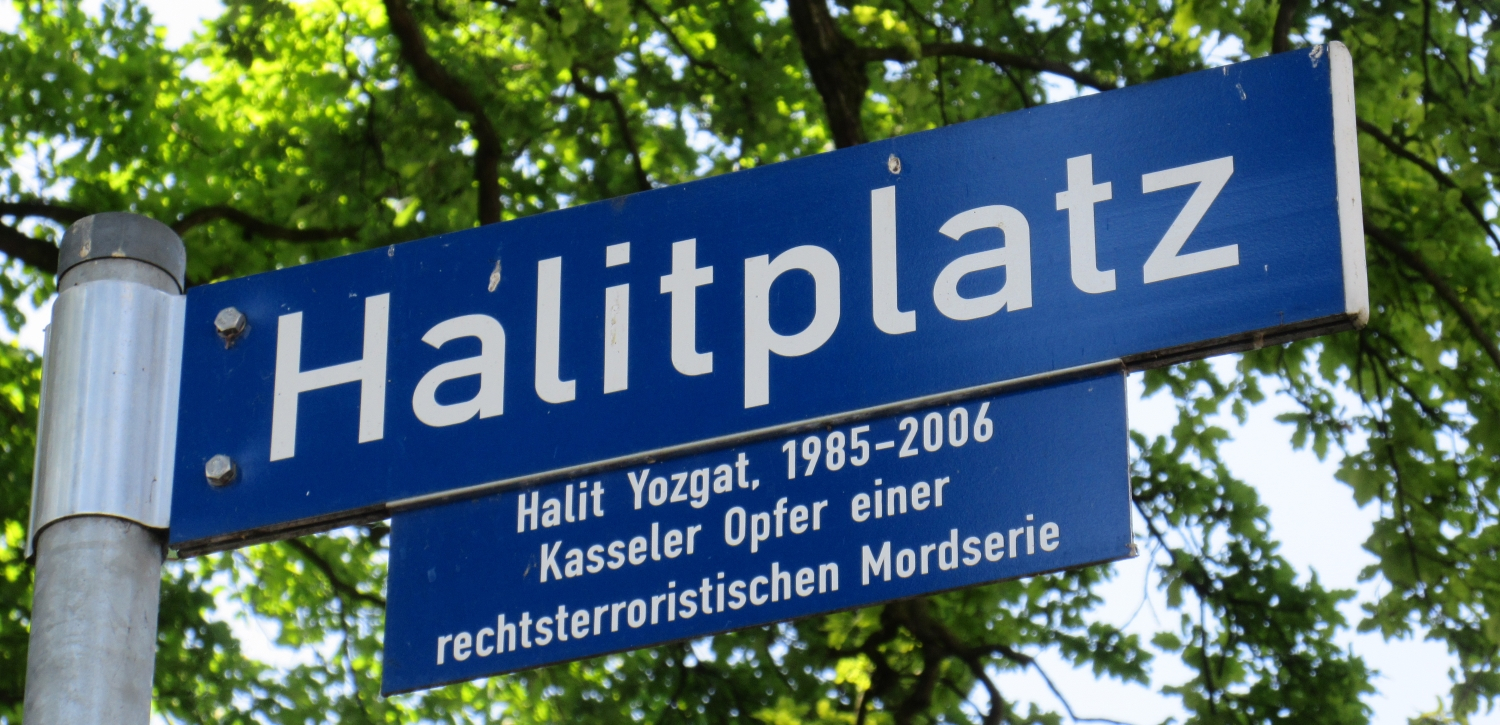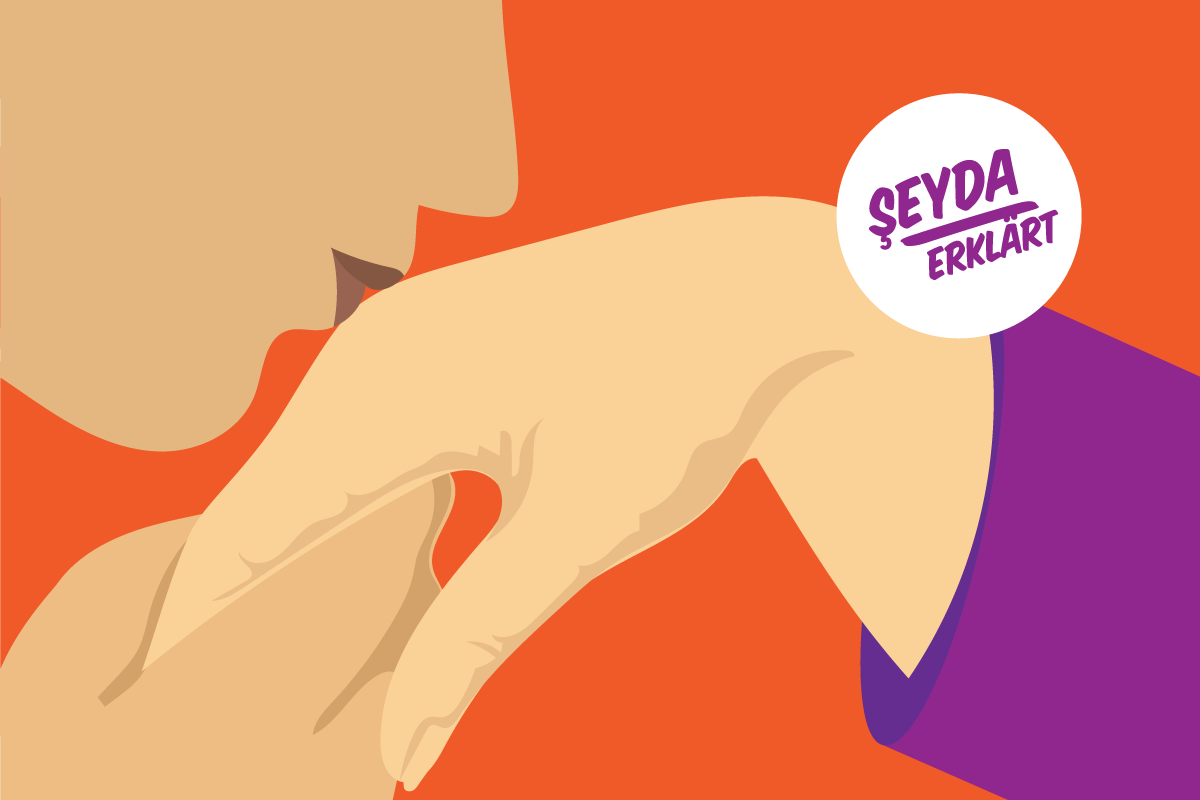Musician and sound designer Korhan Erel loves the microcosm of sounds. As an improve artist, he has always been interested in experimental music. “When a rhythm is set, I get lost,” he says. Even as a child, he refused piano lessons, preferring to eavesdrop on the sound of the toilet flushing in the bathroom. Later, his computer became his main instrument. As a member of the group Islak Köpek, he was a co-founder of the free improvisation scene in Turkey. He has been living in Berlin since 2014. We visited Korhan in his studio in Neukölln and talked with him about his first computer, nightingale concerts and music free of clichés.
How would you describe your music in general?
I am an experimental musician and work with electronics, computers, synthesisers, effects devices, etc. I play atonal, improvised music with them, as well as structured pieces that I compose and interpret myself – both with other musicians as well as on my own. In recent years, I have also played together with jazz groups.
My own music is usually based off of samples. They are recordings that I make at home or in the city or in nature and then play in different ways. I love the microcosm of sound in these recordings. When, for example, I choose a small excerpt and play and loop it, then I get a completely different result than the original recording. In the process, completely new worlds of sound are born.
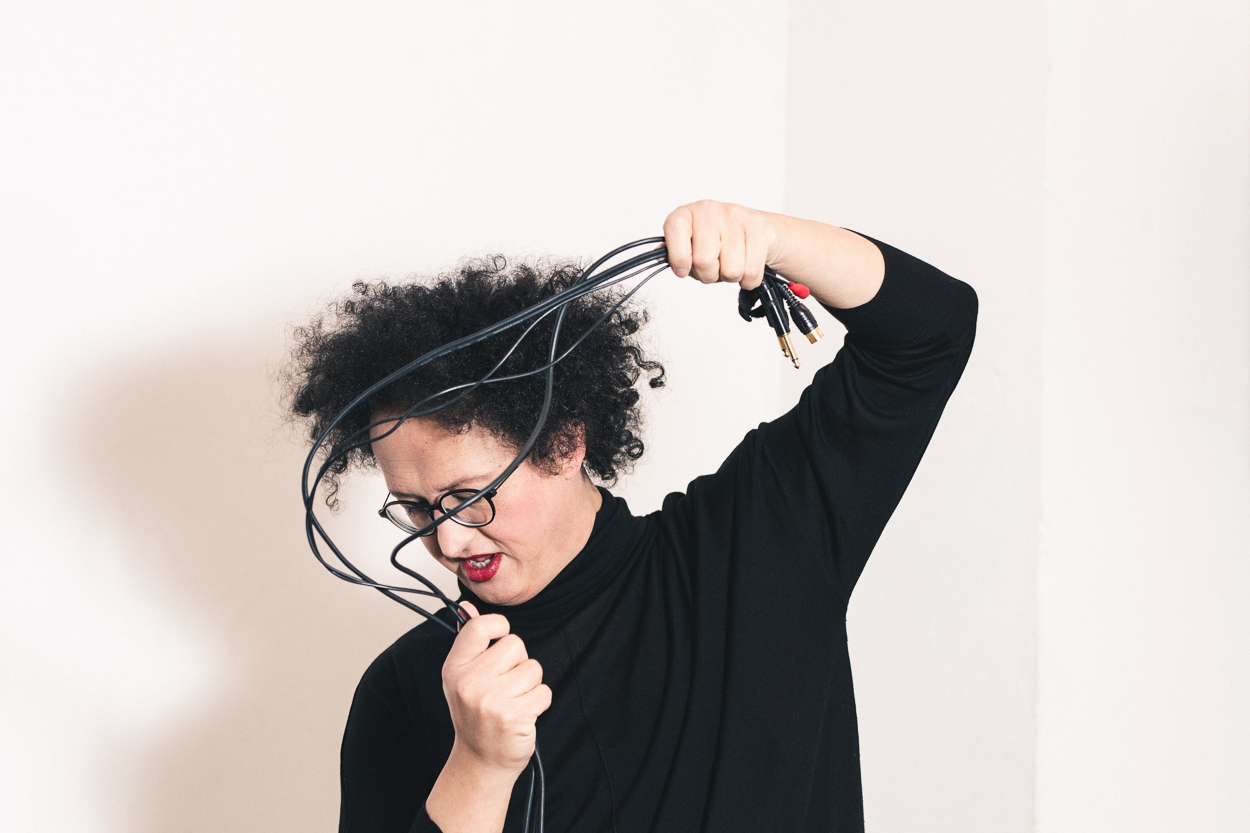
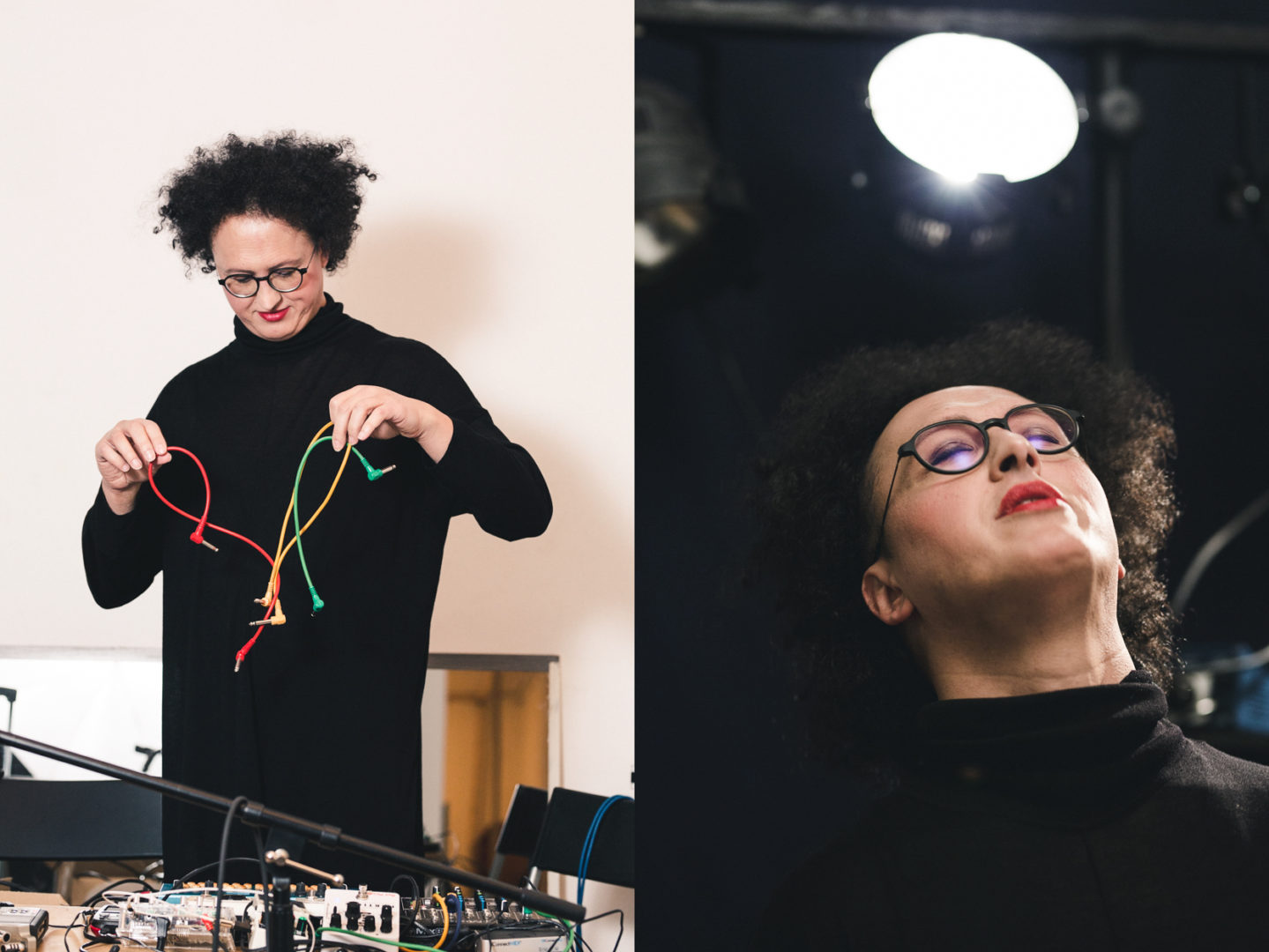
Many improv musicians have a background in free jazz, new music or even experimental rock. What about you?
From an academic standpoint, I don’t have a musical background. I studied economics and worked for a while as a consultant. But I have always been interested in sounds. As a baby, I always wanted my mother to put me in the bathrooms I could listen to the toilet flushing – over and over again. When the sound stopped, I would immediately start crying.
Did you also learn a “classic” instrument?
I tried to learn piano, but when I was four years old, I hit my piano teacher in the face. I don’t know why exactly; probably because I was bored or angry. Either way, that was the end of the lessons. When I was in secondary school I tried to learn trombone at a conservatory, but I just never had the necessary disciple for it. When a rhythm is set, I get lost. It was like that in my work life as well.
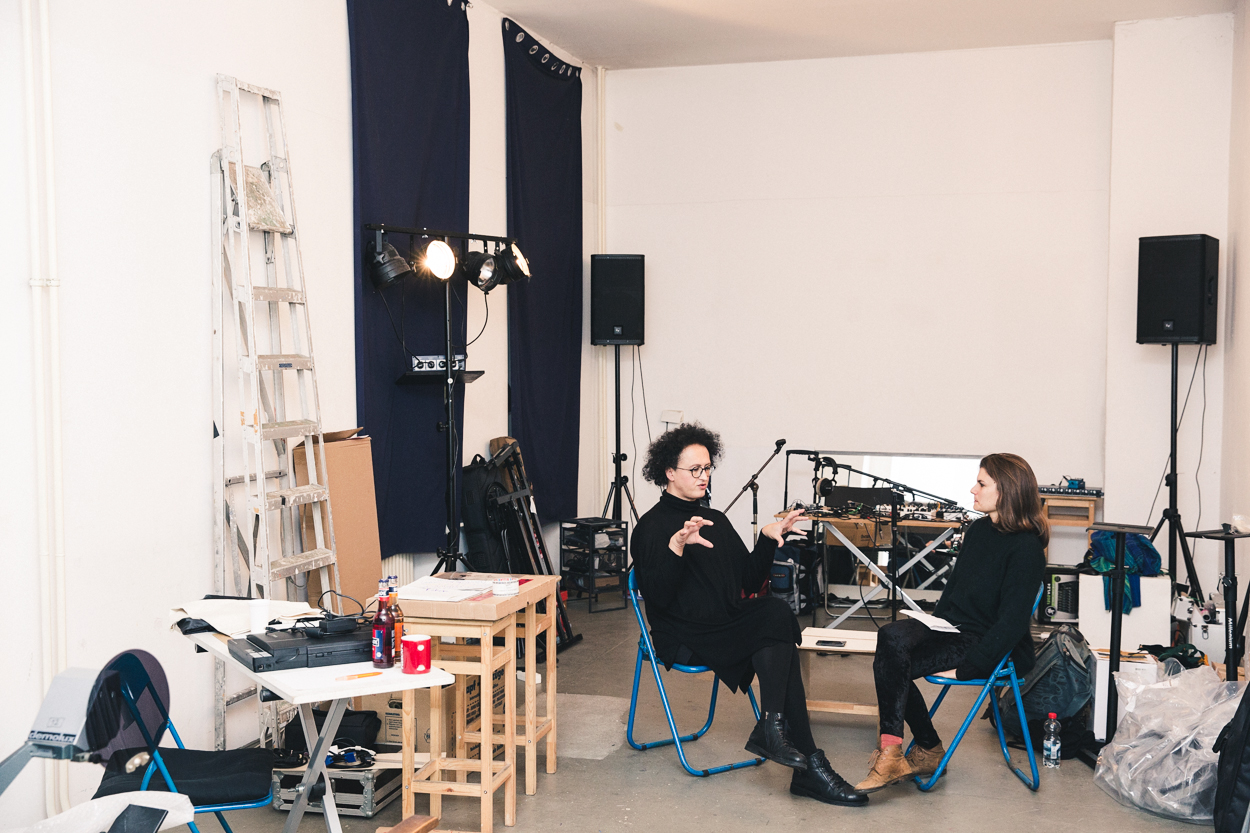
How did your computer become your main instrument?
My parents bought me my first computer in 1985: A Comodore 64. In the beginning, I just played computer games on it, but the device had a very good sound chip, and the games had extraordinarily good music that would play in the background. At some point, I wanted to learn how to create such sounds myself. Later on, I bought myself a more advanced computer, a synthesizer and a mixer.
You co-founded the first free improv band in Turkey with Islak Köpek. How did that come about?
A musician friend of mine, Şevket Akıncı, was the first person to introduce me to improvised music. Şevket and I played our first free improv concert with the Viennese musician Karlheinz Essl when he was visiting Istanbul in 2004. It was so much fun that we wanted to continue. We were neither the first improv musicians in Turkey, nor the best, but we were the first group. We began playing often and frequently invited other musicians to join us. So, in a way, we grounded the scene. It was never our goal, it just happened to develop that way.
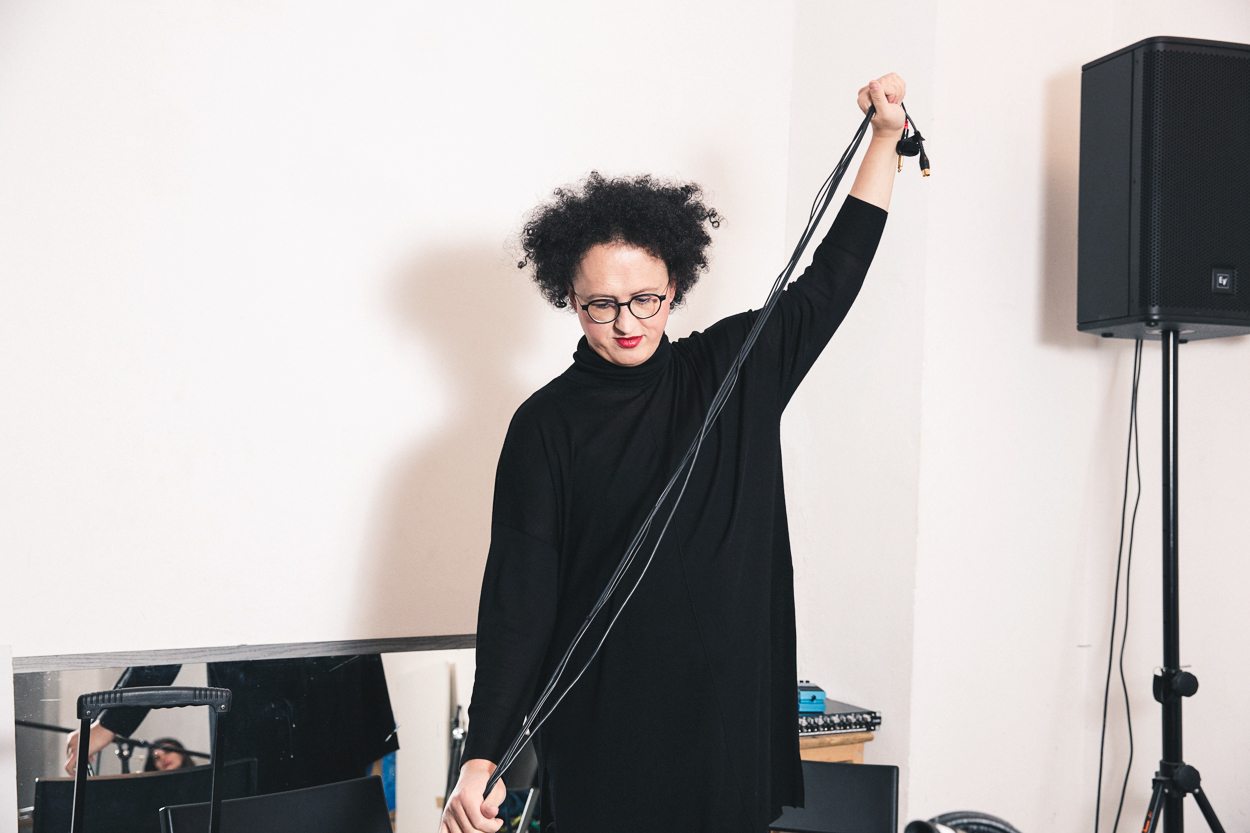
You also performed on Turkish national television with the group. What was the audience’s reaction?
The reactions were varied. After our first television interview our album sales rose; the music had caught some people’s eye. Under one of our videos on YouTube, however, there are comments with insults and even threats. Funnily enough, this video has inspired imitators and was even played in a Turkish television series. and young people even uploaded their own parodies onto the internet. Of course, they are making fun, but some of them are really good. On those videos, I always comment, writing “You are really good, you should keep on making such videos.”
How has the scene for free improv music in Turkey developed?
Unfortunately, it hasn’t developed itself very much. You cannot earn very much money with this type of work in Turkey. In Germany it it also difficult, but in Turkey it is almost impossible. You cannot live on it in any case, which it why it was always a hobby for musicians who also play jazz or pop. At some point, many didn’t have enough time for or lost their interest in it. But there are still active projects today, for example a collective named Art is Dead. When I am in Istanbul, I sometimes play with them.
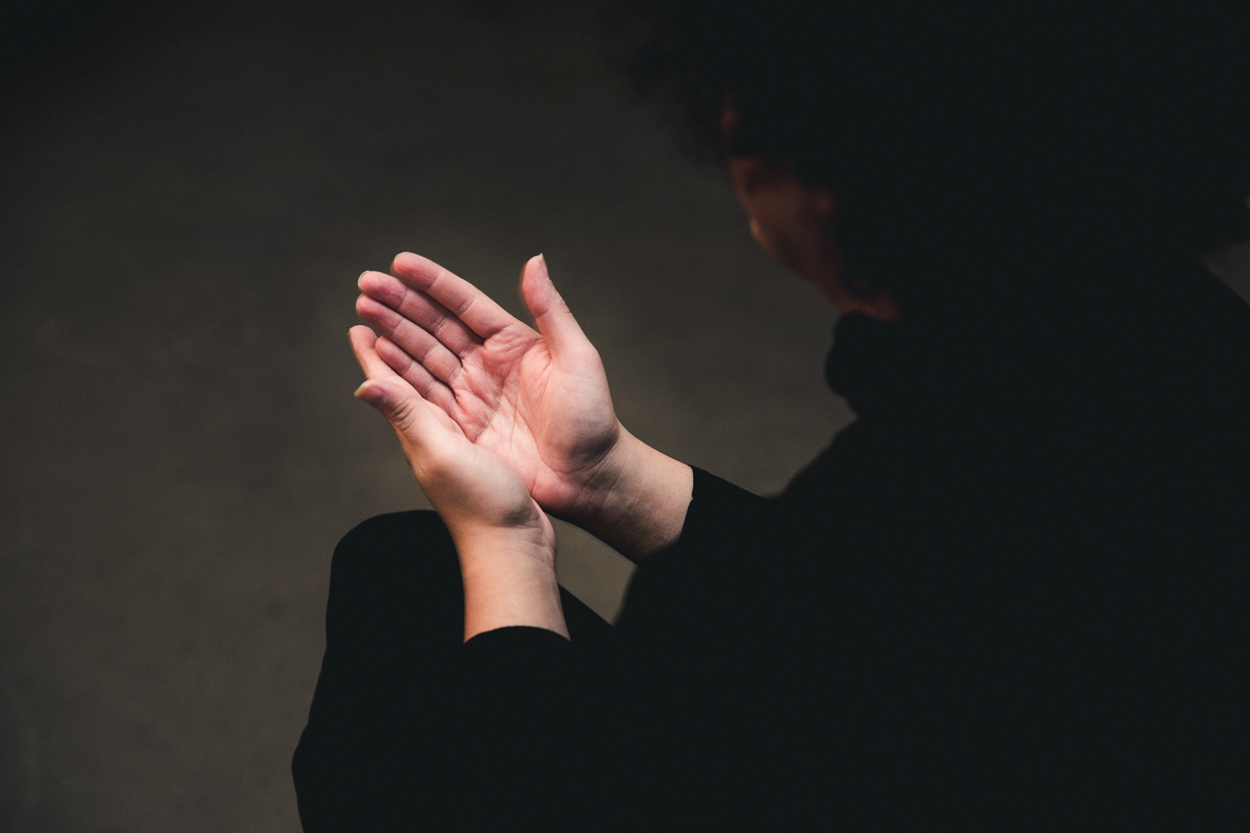
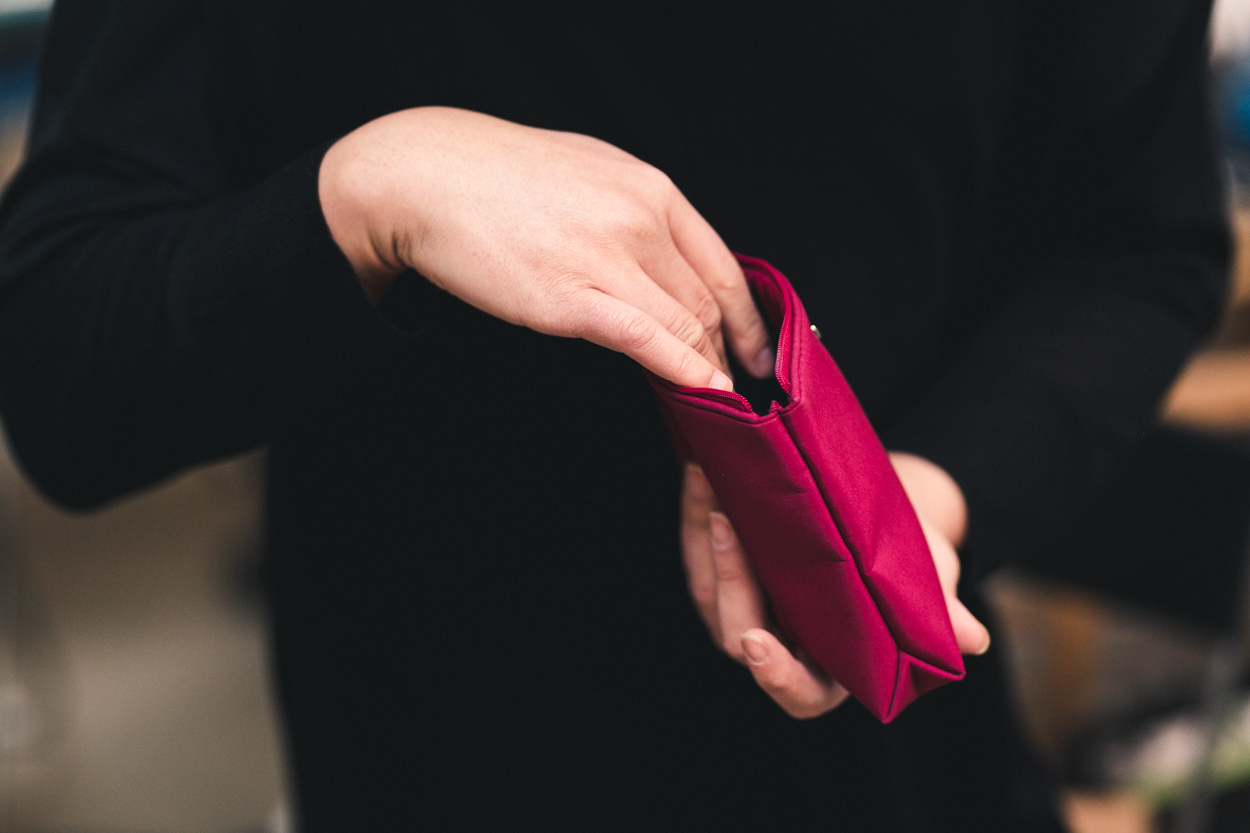
Let’s talk a bit about your projects. You have collaborated with numerous theatre directors, video artists, dancers and spoken word artists.
Yes, I find it exciting when my music interacts with other forms of art. It is especially interesting with texts, because the words themselves act as a world of sound, and each language is a different one. Aside from that, texts always have a narrative. This leads to the creation of another level, with which the audience can connect to better – like a door, through which one passes in order to enter a world of sound or art.
Together with the clarinettist David Rothenberg, you played with real nightingales in Berliner parks for the project Berlin Bülbül. Where did the idea come from?
That was David’s idea. He has been playing together with animals for years, including whales and insects. He wanted to do the project about nightingales together with me. I played an iPad and took live recordings of the birds. It was truly magical, being in a park at midnight with sixty people watching. Later on we also released an album with the music.
Do you sometimes work with musicians who play traditional Turkish music?
Yes, for example, we played a mixture of Turkish Classical Music with acoustic instruments and electronic for the project Elektronik Kumpanya. Aside from that, I am a part of the Istanbul Composers Orchestra, which interprets Kurdish, Alevi and Turkish music, to name a few. If there is an interesting project in that field, I enjoy participating.
But I do not like the expectation that I should do something Turkish because I am a Turkish musician. I especially ran into that presumption in Austria and Switzerland. There I was even criticised that my improvised music didn’t sound Turkish. As if all improv musicians in Austria yodel! The spirit of improv music is all about categories and genres not existing. It is free music, and that also means freedom from norms and clichés.
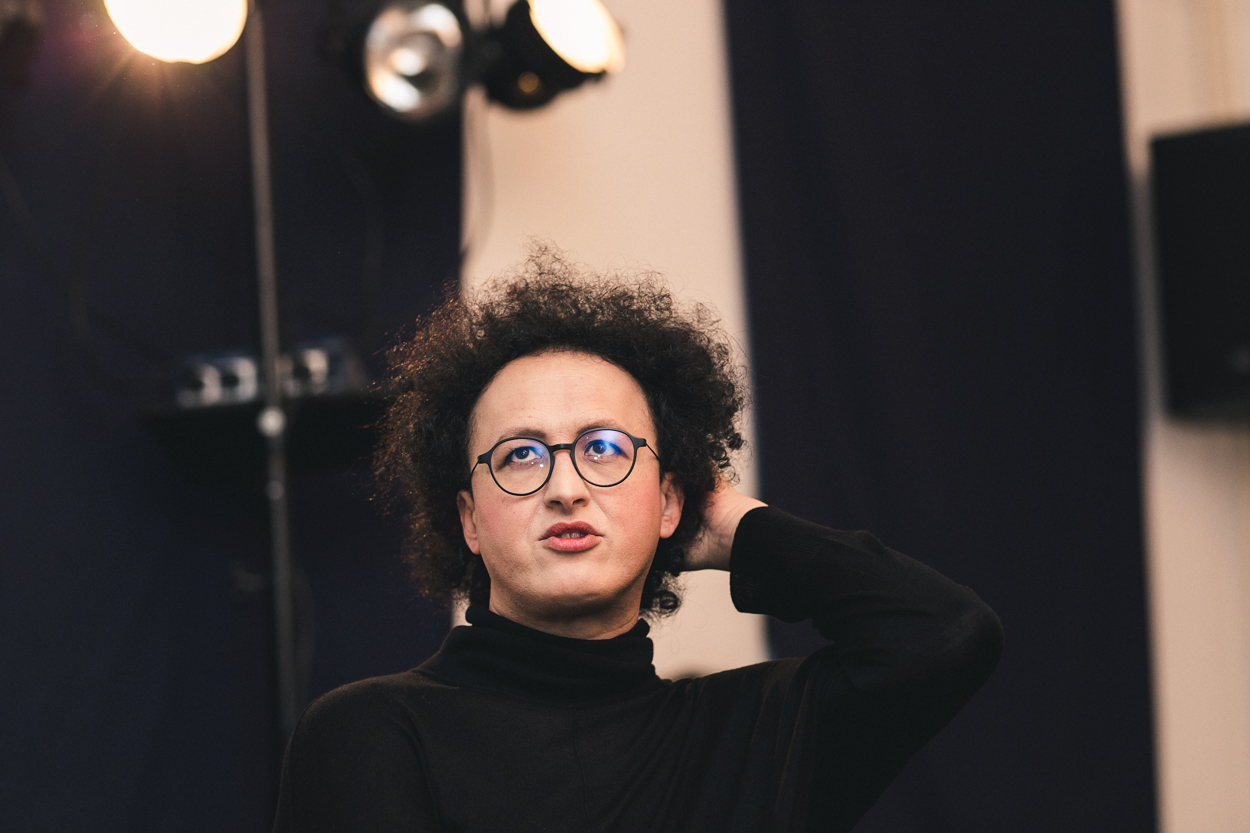
You also question societal norms and clichés in your projects. For example, your performance Is Paradise Cheaper? dealt with gender roles and heteronormative patterns of movement. Are you active in this field aside from the musical sense?
I am not a queer activist. I do believe that the topic is politically important and needed, and I support the movement, but I am not active. I look how I look and do not define myself as a man or woman, as homo- or heterosexual, just as a (sexual) person. I don’t like all of these terms. I just am who I am.


